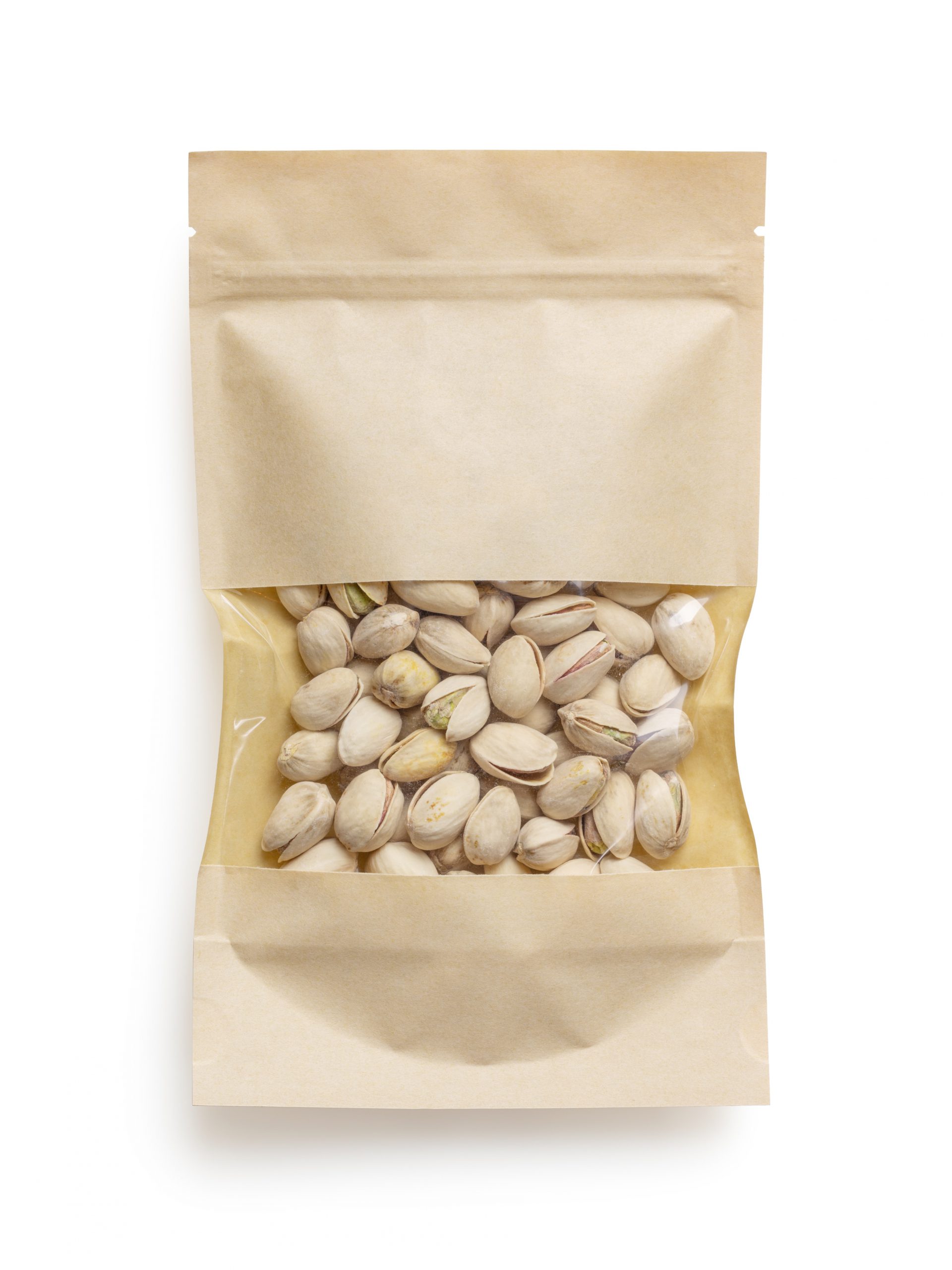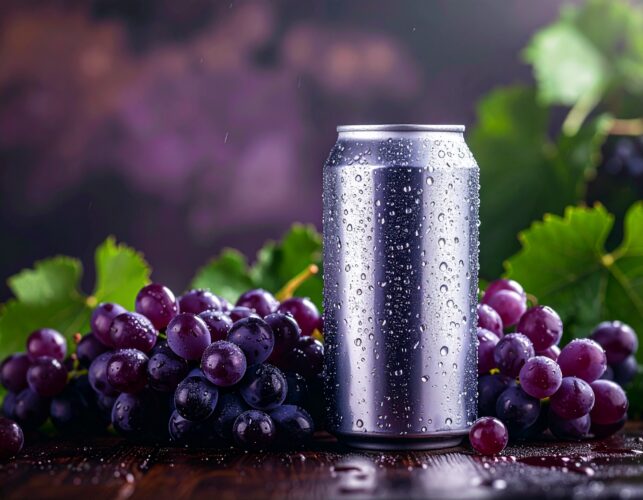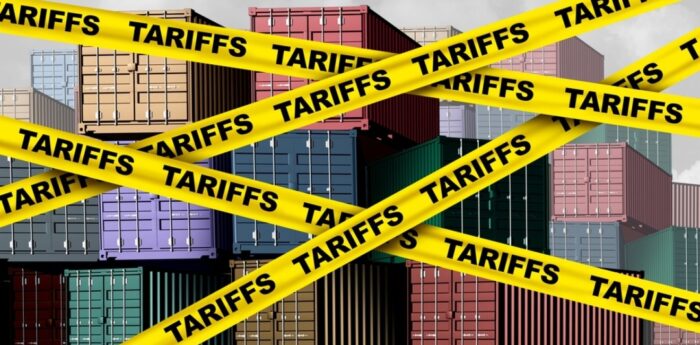
The world’s largest consumer base holds transparency as top priority, keeping both these standard sets in high demand.
Can they help your brand too?
In 2020, Millennials (those born between 1981 and 1996, according to one definition[i]) have surpassed Baby Boomers in overall population. Now, they effectively dominate the global market. Of the many qualities attributed to the oft-abbreviated “Me Generation,” few things epitomize the developed world’s millennial stereotype quite like a supposed sense of entitlement. Putting critical assessments aside (please), we are undoubtedly in the age of influencers, and they make known what they want. Whether it’s a call to level up a service, product, employer or self, Millennials are famous for their exacting demands. Relevantly, they have the buying habits to match. To this, the Clean Label movement seems a perfect fit.
A main sector in which this fact comes to the fore is food and beverage. Here, the targets of first world millennial shoppers are adjectives like, local, artisanal, small-batch, craft, clean, unprocessed and non-toxic. Herein lies the opportunity of the clean label movement – an outgrowth of this consumer demand. Clean label goals are used not only for envisioning new brands but, increasingly, for refocusing existing ones to meet the current market. Sound drastic? It may be, but the moment’s largest consumer generation wouldn’t have it any other way.
Concurrently, the values of this significant segment dovetail with a long-time regulatory giant, kosher certification. Accounting for about 20% of retail labelling claims, the average kosher consumer isn’t even Jewish. They do, however, associate kosher certified foods with adjectives like supervised, pure, clean, safe, and healthy. With the overall shared goal of transparency, producers and marketers can take heed to this double opportunity in the market.
Let’s explore further.
What Does Clean Label Mean?
To those unfamiliar with the two words used together, what may come to mind? Contract manufacturing, or other types of supply chain agreements? Maybe it’s some sort of graphic design concept. Does it refer to a marketing strategy aimed at a certain demographic or age group? In reality, it’s none of these. The term ‘clean label’ refers to an overall ideal of safer, less processed and more wholesome products. And as per usual course, manufacturers are working towards this ideal in response to consumer demand.
Its Significance Throughout the Supply Chain.
Depending on what angle you’re coming from, clean label can show up in different contexts for brands vs. consumers. For instance, a consumer in today’s market may use the term to describe a class or category of products. Among food, supplements, and personal care, a clean label product’s formulation will boast particular health and safety appeal.
But while consumers know exactly which products appeal to them, it’s the market research that measures factors to determine what will sell. From both perspectives, we can see how a clean label approach has a crucial effect at the point of sale.
Furthermore, it’s important to clarify just how intrinsic the connection between clean labelling and the market truly is. There is no particular legal or scientific definition of “clean” or “non-toxic” for the food industry. The meaning changes from retailer to retailer, which has effects all the way up through the supply chain. Therefore, it’s ultimately the manufacturers who will alter their parameters for clean label to fit their target customer. It’s an undeniably circular process, but one that has real influence in the industry nonetheless.
Working Towards a Clean label in the Millennial-Driven Market.
As mentioned above, the first-world millennial preference for healthier, higher-quality foods has created major shifts in the industry. These changes have reverberated across the food and beverage space, all the way to major, international brands. They include, for instance, the removal of artificial preservatives and other ingredients shunned by this demographic. The exchange is made for more recognizable, closer-to-nature-sounding replacements.
Further up in the supply chain, manufacturers of ingredients and additives are offering “clean label solutions” to their customers. These offerings are marketed to replace ingredients with hard-to-pronounce or overly complicated-sounding names. Examples are additives made from natural sources, such as Naturex’s Acerola Cherry Powder (OK Kosher – Pareve). It’s used to enhance meat freshness and color. Another is Sami-Sabinsa Group’s Rosemary Extract (OK Kosher – Pareve), an antioxidant, anti-microbial preservative.
In truth, the difference between a naturally-derived preservative with a scientific-sounding name and a truly artificial one is not commonly discerned by most folks. Food chemists and regulatory professionals possess a more accurate and nuanced understanding of functional vs. superfluous ingredients. The majority of consumers don’t – most will avoid ingredients that may sound synthetic, even if they’re not. This effort by ingredient suppliers may contribute to an overall effort to simplify and shorten a product’s ingredient list.
The overall goal: to fit better into a clean-label-focused market. What consumers ultimately perceive as better for them, plus safer to buy and consume, will sell better.
How Certifications Can Help You Achieve a Clean label.
The perception of products as cleaner and safer brings us to the discussion of kosher certification in the same light. Many food certifications out there boast values that overlap with others in the industry (we’ve written about this before), and clean label is no exception. What’s interesting is that health claims such as Heart Healthy, Non-GMO and Organic aren’t only an add-on to clean label, rather, they contribute to and enhance a product’s appeal within it. (Even if the library of symbols start to actually clutter the label’s design). A product whose ingredients are perceived as more wholesome will fit in better to the somewhat-flexible ideal of a clean label. Furthermore, values-based standards like cruelty-free, vegan, plant-based, as well as Halal and Kosher items also contribute points towards clean label. This is because more regulated, sustainably produced, morally sound, and demographic-inclusive certifications provide far greater reach in today’s market.
Here are some practical considerations for leveraging certifications towards a clean label:
Front-of-Package vs. Back Panel Labeling.
Clean label, as the name states, focuses on transparency. However, it’s not only about the how the ingredients list reads. Font-of-package features are more likely to affect purchasing choices than the nutrition panel or ingredients list on the back. So much so, that governmental bodies such as the FDA are experimenting with front-of-package nutrition information to test its effect on healthy buying choices. Labelling options that affect a product’s clean label status include claims made anywhere on a product’s facade. The OK Kosher symbol, for one, provides this assurance in a clear, recognizable symbol that we always advise clients to print on the front of the package. Given the convergence of consumers’ values with clean label guidelines, having kosher certification ultimately contributes to a product’s clean-label score.
Kosher Distinctions; Kosher Restrictions Contribute to a Cleaner Label.
Further on the topic of transparency, one of kosher certification’s core functions is that of designating foods by “kosher restriction” to cite an industry term. The policy for all kosher certifiers, regardless of stature, is to maintain separate versions of their trademarked kosher symbol, to categorize a given product. These variables are Meat, Dairy, Pareve, Fish or Passover (further distinctions connoting even narrower specifications such as Cholov Yisroel, AKA “Super Kosher” dairy, or “Glatt” meat can also apply). Many people, such as vegetarians, flexitarians and the dairy-sensitive population rely on kosher restriction labelling with the confidence that kosher certification stands for transparency of product formulas. This essential aspect of kosher reinforces the connection between clean labels and kosher.
Keeping it Simple.
So rather than spoiled entitlement, perhaps the millennial consumer phenomena represents a shift to focus on higher standards overall. Either way, it makes a huge impact on product marketing. People in this age group are concerned with quality and safety more than any previous generation.
Today, it’s about knowing what’s in the product, with an emphasis on simplicity. Another point of intersection between Kosher and clean label values is formula brevity. A short ingredient list is one of the main goals of a clean label campaign for any brand. That’s not to say that your kosher account rep will challenge you to modify your product formula for the overall goal of a shorter list or more readable list. Having a long and even scientific-sounding ingredient list won’t disqualify you from becoming kosher certified (in fact, some of our Rabbinic Coordinators love the challenge of identifying and
qualifying raw materials like natural and artificial flavors
, just for the fun of it). However, the shorter the list, the easier and faster to certify kosher, and, concurrently, the further it will go in the market.A Clean, Kosher Conclusion.
It’s wise to build out (or re-brand) your products for clean label appeal, and kosher can help you get there. Look into what we discussed above about what goes into a clean label. See what you can start now, and what you can do down the line. OK Kosher can help any company looking for internationally recognized, top-standard kosher certification (here’s how), on any level of manufacturing. We also offer the most sought-after certification programs for restaurants, caterers and transport companies. Working with a private label manufacturer? If they’re already OK Kosher certified, you can be too in two easy steps.
For a free, one-on-one consultation, you can reach out to one of our experts here or go ahead and apply for OK Kosher certification.
https://www.pewresearch.org/fact-tank/2019/01/17/where-millennials-end-and-generation-z-begins/. Definitions of the millennial birth year range vary by researcher body, but remain close to this one.
The information presented in this blog post is based on research, general knowledge, and/or the author’s understanding of the subject matter. This blog is provided for informational purposes only and should not be relied upon by the reader or considered as professional advice. For specific guidance on any given topic, the reader should consult a qualified professional in the given field. OK KOSHER DISCLAIMS ANY LIABILITY FOR ANY LOSS OR DAMAGES RESULTING FROM RELIANCE ON THE INFORMATION PROVIDED IN THIS ARTICLE.


 EN
EN  ZH
ZH  KR
KR  BR
BR  ES
ES  IN
IN  IL
IL 



